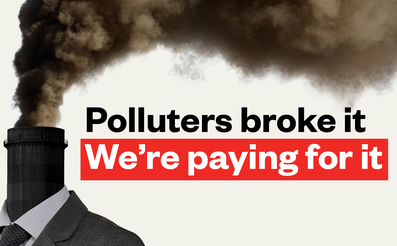Oil wells and wildfires: New California data reveals widespread oil production in fire hazard zones
Oil and gas wells pose risks to health and environment as climate crisis expands California's fire hazard zones
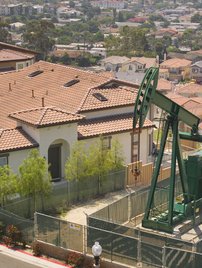
Finance for forests
-
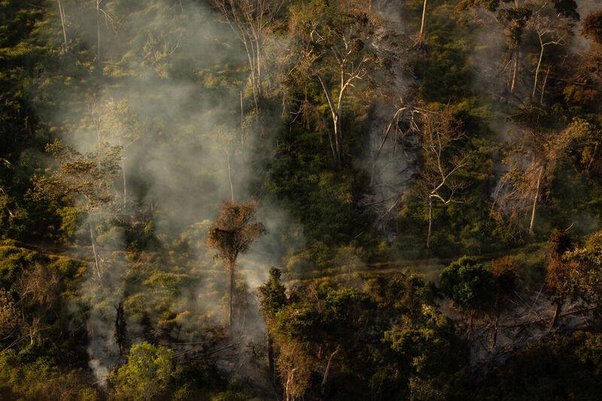
5 things to know about the Tropical Forest Forever Facility
Could the Tropical Forest Forever Facility (TFFF) remake forest finance?
-
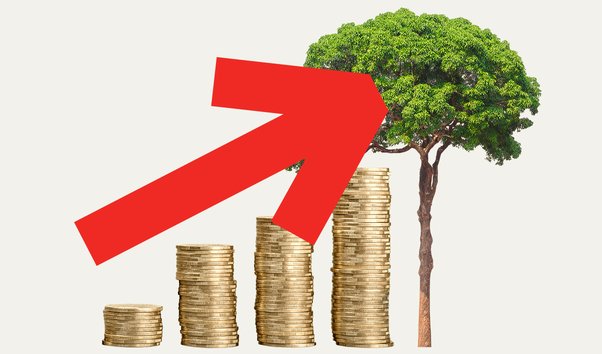
Chinese lenders among top backers of “forest-risk” firms
A new analysis reveals that Chinese banks have become the largest creditors to “forest-risk” companies, after major producing countries Brazil and Indonesia
-
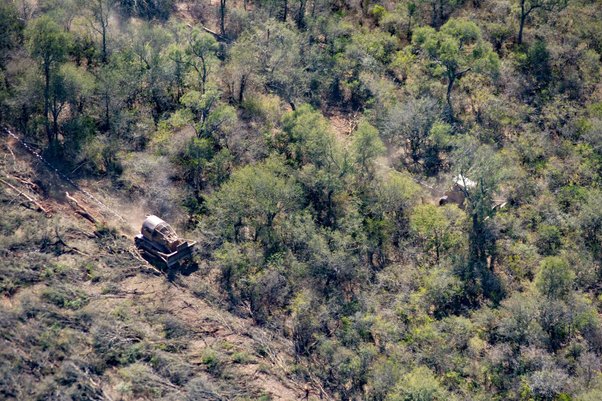
Santander backed major South American deforester Cresud despite net zero pledge
Argentinean “agricultural real estate” company Cresud is responsible for deforestation three times the size of Madrid and significant carbon emissions
Make polluters pay
-
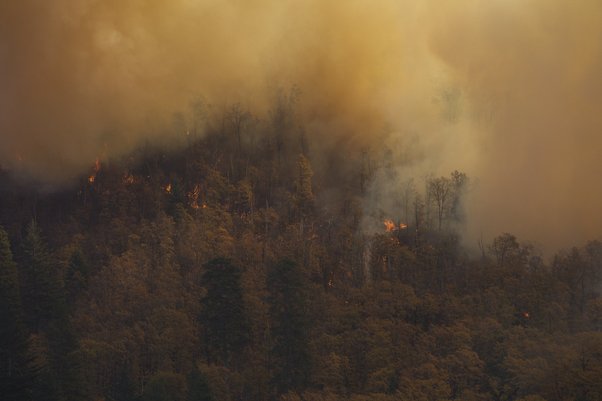
Polluters spend millions lobbying against climate laws in California
As floods and wildfires mount in California, Big Oil has been lobbying hard against Superfund Act, which would make polluters pay for climate change damages
-
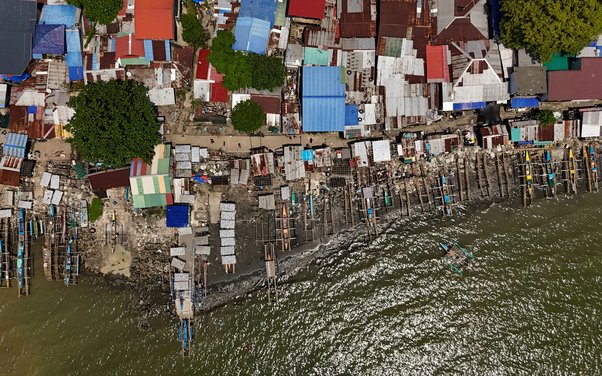
It's only fair that polluters pay for climate change costs
With the costs of climate change impacts rapidly rising, the billions pocketed by the fossil fuel industry is an insult to the communities worst hit by extreme weather. It’s time to make polluters pay for the damage they’ve caused
-
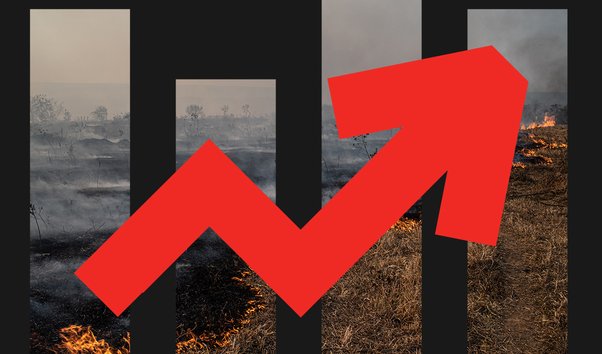
Taxing polluters for a fairer, greener society: Joint civil society policy platform
Tax Justice UK, Oxfam GB and Global Witness outline a suite of evidence-based policies the UK government could take to ensure those most responsible for climate breakdown pay their fair share and raise billions of vital revenue
Defending our planet's frontline
Climate crisis in focus
-

Everything you need to know about COP
The UN's COP30 climate summit in Belém will focus on an urgent push for climate adaptation, renewed NDCs and plans to unlock $1.3 trillion of climate finance
-

What is red-tagging, and how does it harm climate action?
Red-tagging – which falsely brands legitimate activists as terrorists – is used to silence land and environmental defenders online and IRL
-

How the race for resources is fuelling conflict and inequality
While Trump zeroes in on embattled Ukraine's critical mineral reserves, conflict and inequality clash with efforts for a just energy transition across the globe
The time for change is now
The climate crisis is no longer an event on the horizon. It’s here, it’s now. Find out how you can support our work to tackle its root causes.


About us
Global Witness is an investigative, campaigning organisation that challenges the power of climate-wrecking companies, and stands with the people fighting back
